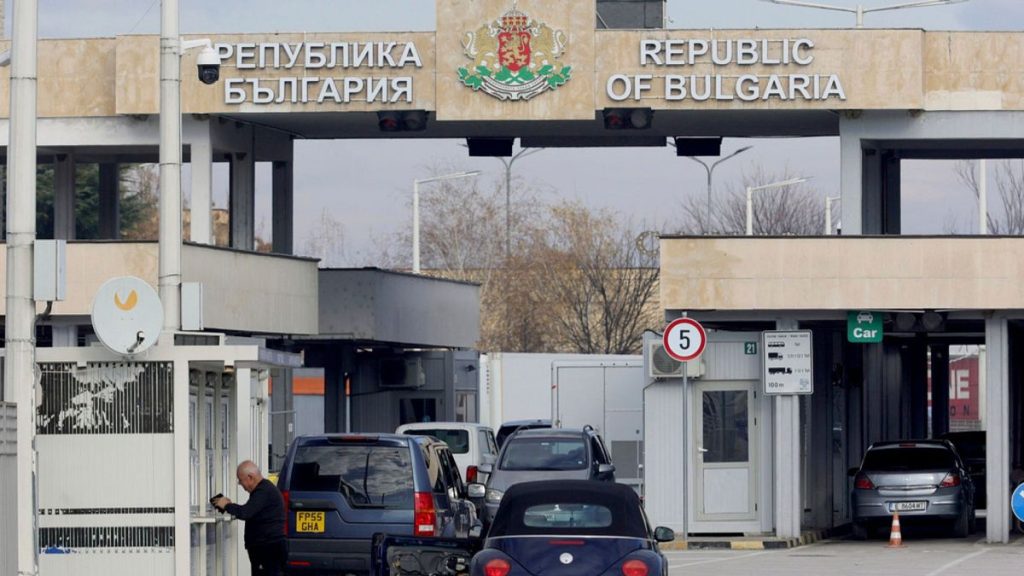The expansion of the Schengen Area to encompass Romania and Bulgaria marks a significant milestone in the European integration process, granting the 25 million citizens of these two nations the long-awaited freedom of movement enjoyed by nearly 450 million other EU citizens. This historic event, which occurred seventeen years after Romania and Bulgaria joined the European Union and culminated a decade of negotiations initiated in 2011, finally erases the physical and symbolic barriers that separated these countries from the heart of Europe. The lifting of land border checks signifies the culmination of a journey towards full EU membership, offering tangible proof to Romanians and Bulgarians that they are now equal partners in the European project. The European Commission’s green light in December 2023 paved the way for this transformative change, signaling a new era of seamless travel and enhanced cooperation within the Schengen zone.
The Schengen Area, established in 1985, has gradually evolved into a cornerstone of European unity, fostering economic, social, and cultural exchange among its member states. Comprising 29 countries, including most EU nations and several non-EU members like Iceland, Norway, Switzerland, and Liechtenstein, the Schengen zone epitomizes the principle of open borders and free movement, enabling citizens to travel, work, and live across participating countries without passport controls. The inclusion of Romania and Bulgaria into this borderless zone represents not only a practical benefit for their citizens but also a symbolic recognition of their full integration into the European family. This expansion strengthens the Schengen Area’s overall integrity and underscores the commitment to a unified and interconnected Europe.
For Romanians and Bulgarians, the abolition of border checks translates into a tangible improvement in their daily lives. The tedious and often lengthy queues at the 30 land borders separating these countries from the rest of the Schengen Area are now a relic of the past. Citizens can now seamlessly travel to other Schengen countries, whether for work, leisure, or family visits, without the inconvenience of passport controls and border formalities. The freedom to drive to destinations like France, Spain, or Norway without needing to present identification documents represents a significant gain in convenience and efficiency. This newfound mobility fosters closer ties between people, enhances cross-border trade, and promotes cultural exchange, contributing to a more integrated and dynamic European community.
While the lifting of border checks signifies a major step towards unrestricted movement, certain security measures remain in place to ensure the safety and integrity of the Schengen Area. During the initial six months following the expansion, random checks will be conducted on travelers at border crossings. These checks, particularly targeting larger vehicles, aim to deter criminal activities and maintain a secure environment within the Schengen zone. This temporary measure provides a balance between facilitating free movement and upholding security protocols, ensuring a smooth transition to the new borderless regime. The focus on larger vehicles reflects a pragmatic approach to security, recognizing the potential for these vehicles to be used for illicit activities.
The inclusion of Romania and Bulgaria in the Schengen Area has the potential to significantly boost tourism in both countries. Easier access for travelers from other Schengen states is expected to attract a new wave of visitors, eager to explore the rich cultural heritage, natural beauty, and historical landmarks of these Balkan nations. This influx of tourists can contribute to economic growth, create job opportunities, and promote cultural exchange, further integrating Romania and Bulgaria into the European mainstream. The increased visibility and accessibility offered by Schengen membership can transform these countries into popular tourist destinations, showcasing their unique attractions to a wider European audience.
In conclusion, the expansion of the Schengen Area to include Romania and Bulgaria represents a significant achievement for both countries and for the European project as a whole. This milestone signifies the culmination of years of effort and negotiation, granting millions of citizens the freedom of movement they had long sought. The removal of border checks simplifies travel, fosters economic activity, and promotes cultural exchange, further solidifying the bonds between European nations. While security measures remain in place to ensure a smooth transition, the long-term benefits of Schengen membership are expected to outweigh any temporary inconveniences. This expansion stands as a testament to the enduring power of European integration and the ongoing pursuit of a more united and prosperous continent.

